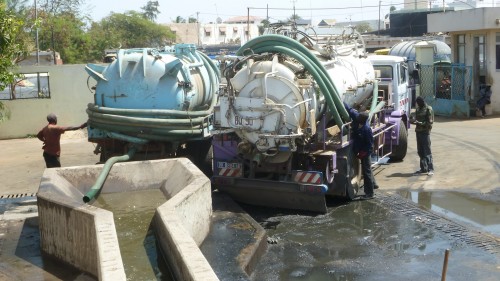What’s Really at Stake: Sequestration’s
Impact Worldwide
Lost in the trillion-dollar
sequestration debates is the life-and-death impact of these spending cuts in
developing countries. Sequestration will cut
more than $25 million (8.2%) from safe drinking water and sanitation programs
in the world’s poorest countries and communities in Africa, Asia, and Latin
America. This would leave 260,000 more people (equal to the population of
Lincoln, Nebraska or Plano, Texas) without access to the safe drinking water
and sanitation they need to live healthy lives.
The United States government should
continue to lead in helping the world’s poorest get access to water and
sanitation for years. The U.S. intelligence community recently reinforced this
imperative through its Intelligence Community Assessment of Global Water
Security.
Why Water and Sanitation Are Important
Around the world today, 780
million people lack access to safe drinking water and 2.5 billion people lack
even basic sanitation. Safe drinking water and sanitation for all will save
millions of children’s lives and prevent 9% of the global disease burden. Safe
drinking water and sanitation also reinforce sustainable progress toward virtually
every other developmental challenge including education, economic growth,
nutrition, environmental health and gender equality.
Why U.S. Funding is Vital
Congress has increased funding for
the Water for the Poor Act since 2008 to its current level of $315 million. In
2011 alone USAID provided almost four million people with improved access to
drinking water supply and 1.9 million people with improved access to sanitation
facilities. Programs implemented by USAID and its partners provide safe
drinking water, sanitation, and hygiene (WASH), and strengthen the capacity of
developing country governments to solve their own water and sanitation
challenges. This will create lasting, sustainable change and lead toward aid
independence. The World Health Organization estimates that every $1 of funding
for water and sanitation programs brings a return of $4 in increased
productivity and decreased health care costs.





